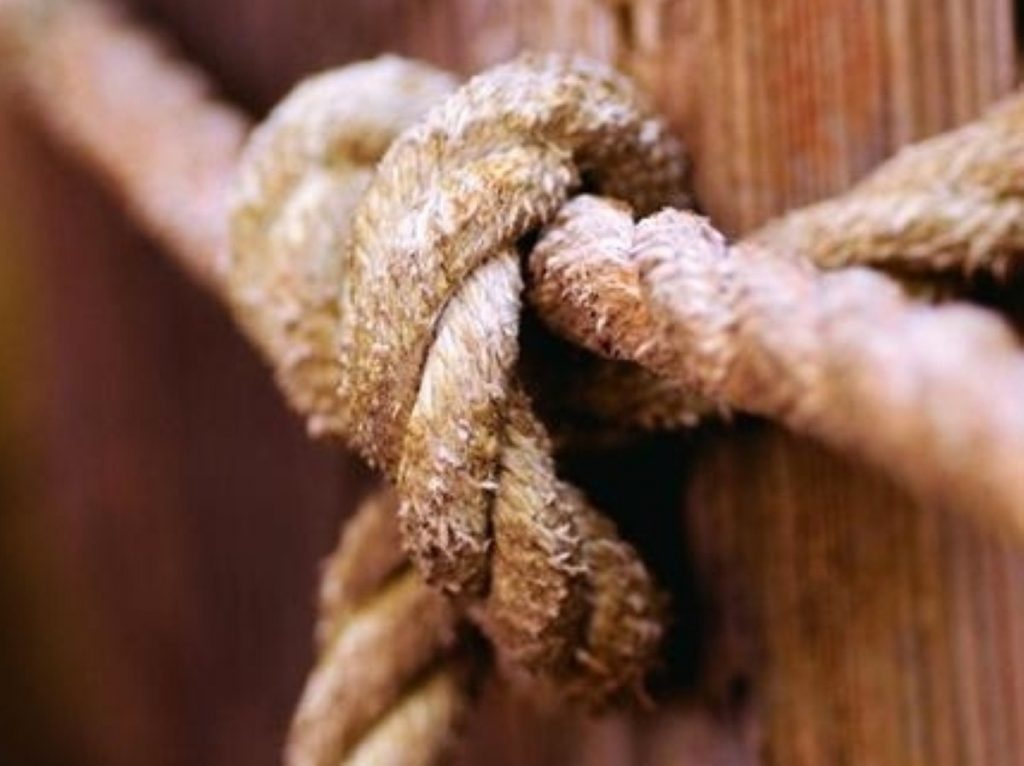‘Threads out of the rope’: Navy diminished by Scottish independence
The British navy would be diminished by a vote for Scottish independence, the first sea lord has said in a rare political intervention.
Admiral Sir George Zambellas warned that Britain's ability to defend itself would be damaged by a split north of the border.
"The way we do business means that if you try to pull some threads out of the rope it's much less efficient, and that applies particularly to the navy because it's so hard-pressed," he said.
"I believe very strongly that, for a premier league navy, respected around the world, with a big responsibility, for us to be divided would be less efficient for both the UK and Scotland.


"The nature of our military construct, infrastructure, basing, people, equipment and the families who support a hard-pressed navy, all of those add up to a construct which doesn't bear dividing its efficiency, and my job is to provide the navy as efficiently as I can."
He added: "The UK is deeply respected for its maritime contribution to Nato, with its maritime deterrent through its ships and submarines and marines, and that whole piece is part of Nato's contribution to security.
"Taking that apart would give us a much weaker result. The two components would not add up to the sum of the whole."
The SNP say all existing military bases in Scotland would stay after independence, with the exception of the nuclear submarine base in the Clyde.
Although it is likely to rule Scotland out of Nato, the nationalist party is intent on getting the nuclear deterrent out the country.
"The UK's nuclear deterrent is deeply respected. It's strong and purposeful and populated by men and women committed to the cause," Zambellas said.
Meanwhile a letter to Alex Salmond from a dozen high-ranking defence veterans warned that independence would turn Scotland into "a new small nation in an uncertain world".
The letter, which was signed by Admiral Sir Mark Stanhope, former first sea lord and chief of naval staff, said banning nuclear weapons "would be unacceptable for Nato" and result in the loss of 7,000 jobs at Faslane and Coulport.
"The negotiations with Westminster following a Yes vote, covering such vital matters as currency, financial settlements and re-allocating existing UK defence and other assets, can be expected to be complex and difficult," the letter reads.
"If the very future of the UK nuclear deterrent was also in the balance, it would inevitably sour those negotiations.
"Were the Scottish people to vote for independence, then Scotland, as a new small nation in an uncertain world, would need international partners to help secure its economic and social objectives and allies to provide national security."
Defence secretary Philip Hammond made a speech reiterating the Trident argument, although it was written off by SNP defence spokesman Angus Robertson as "yet another flying visit and lecture to Scotland".












